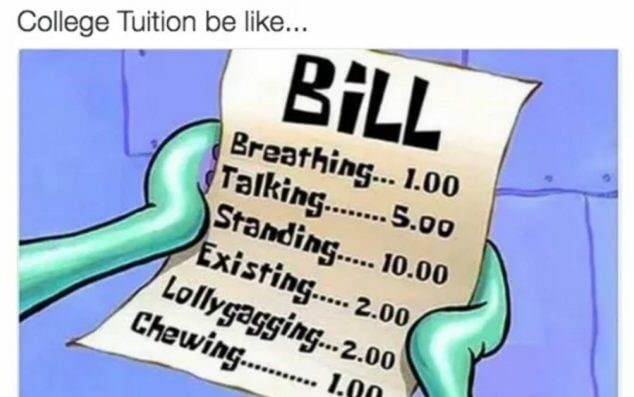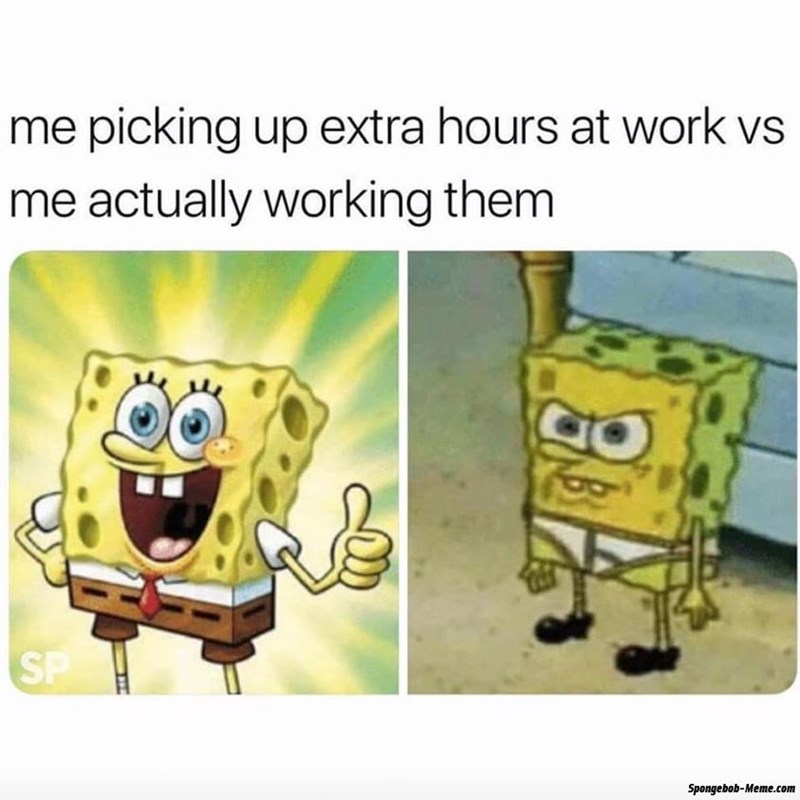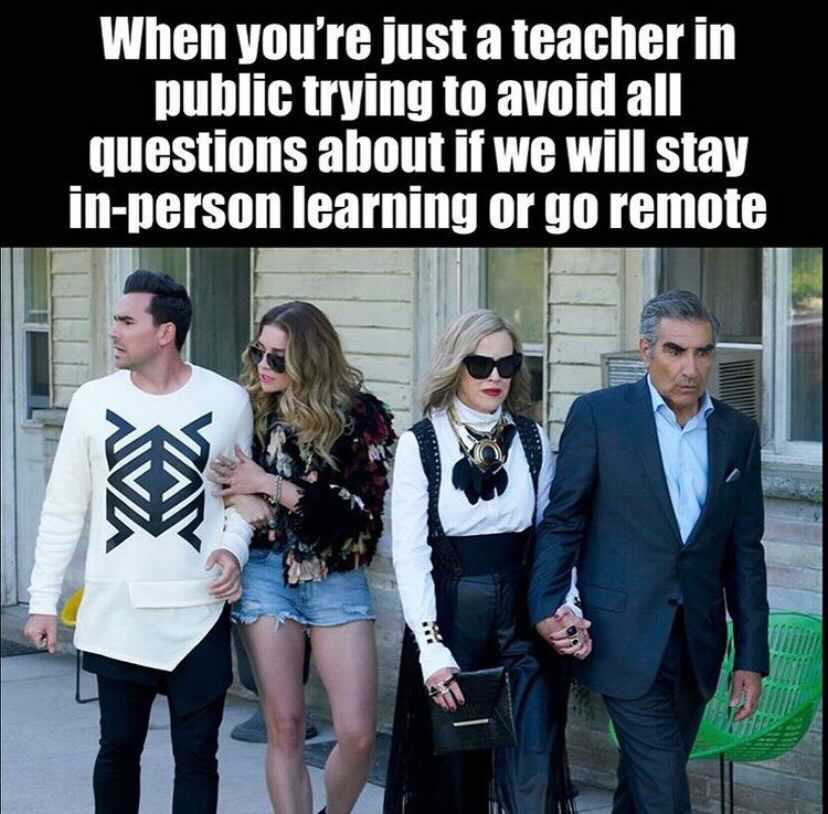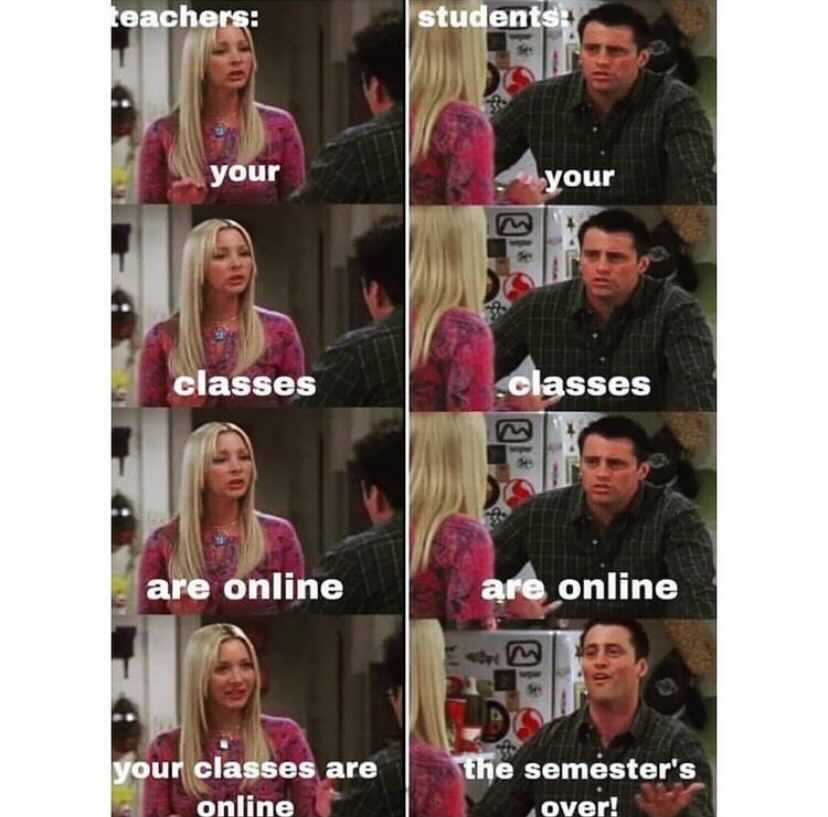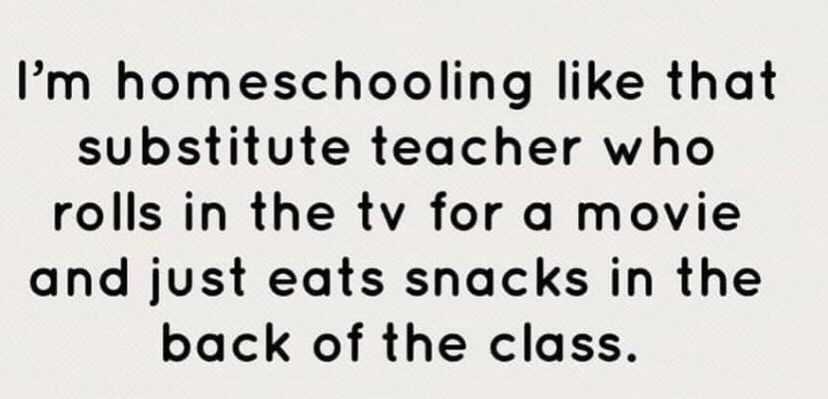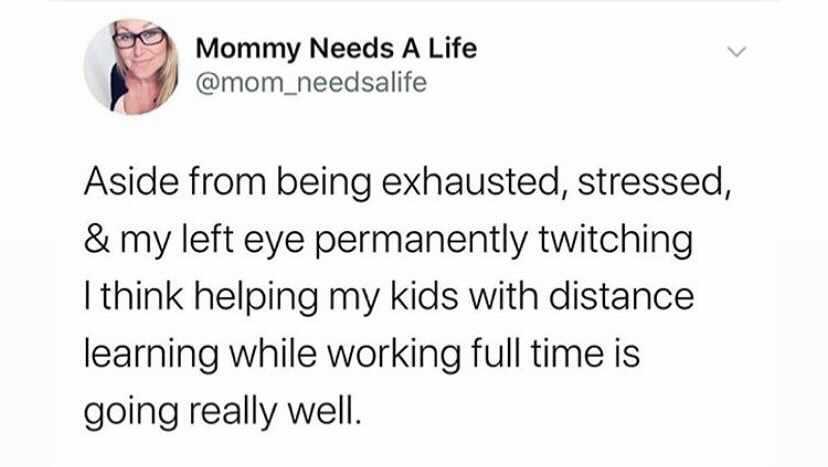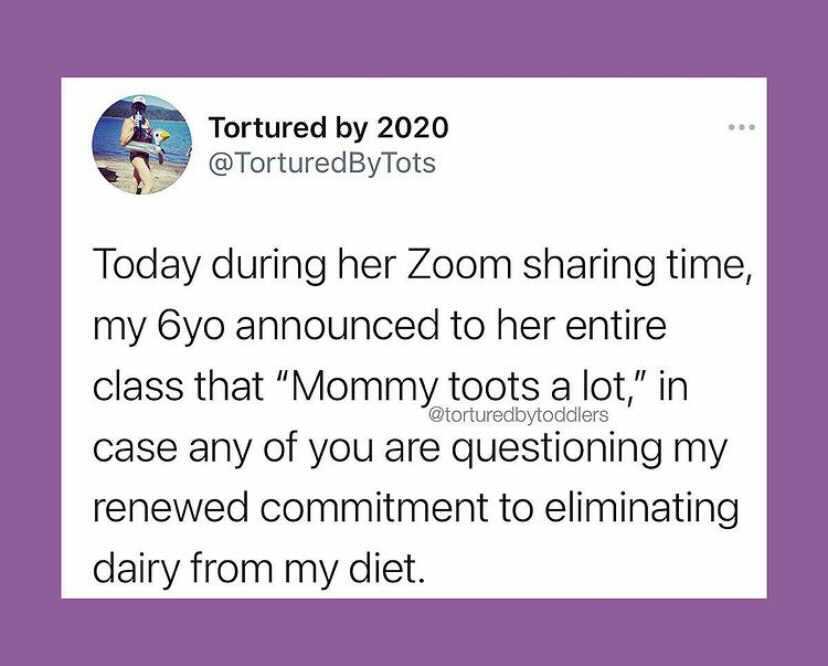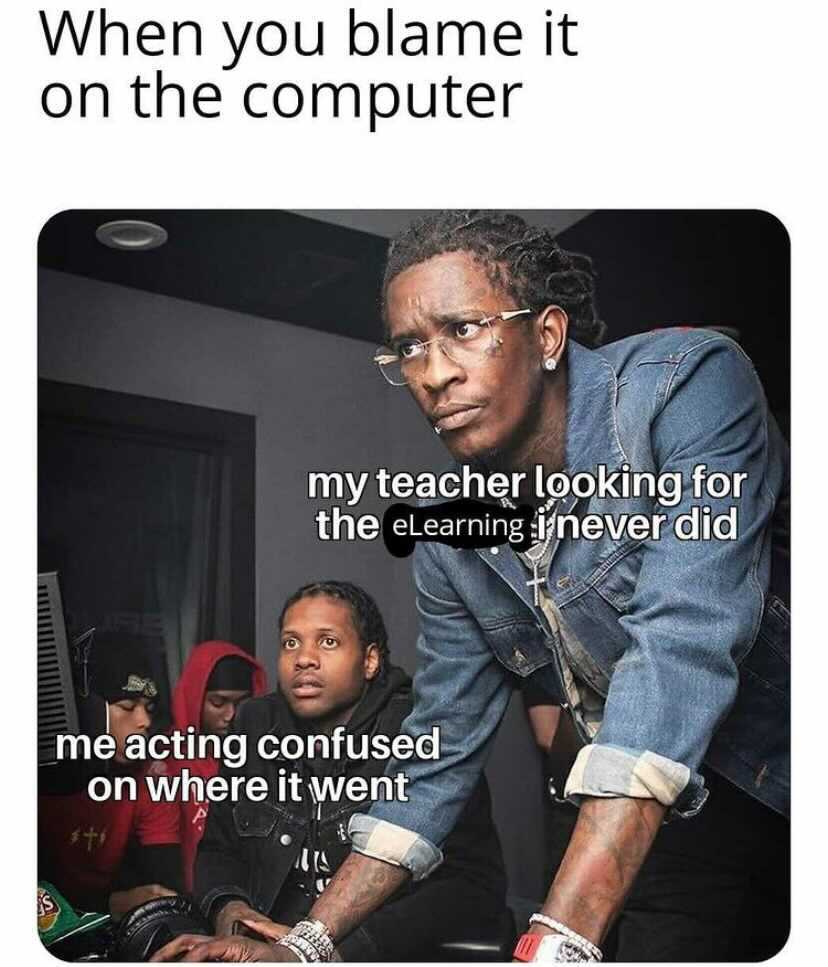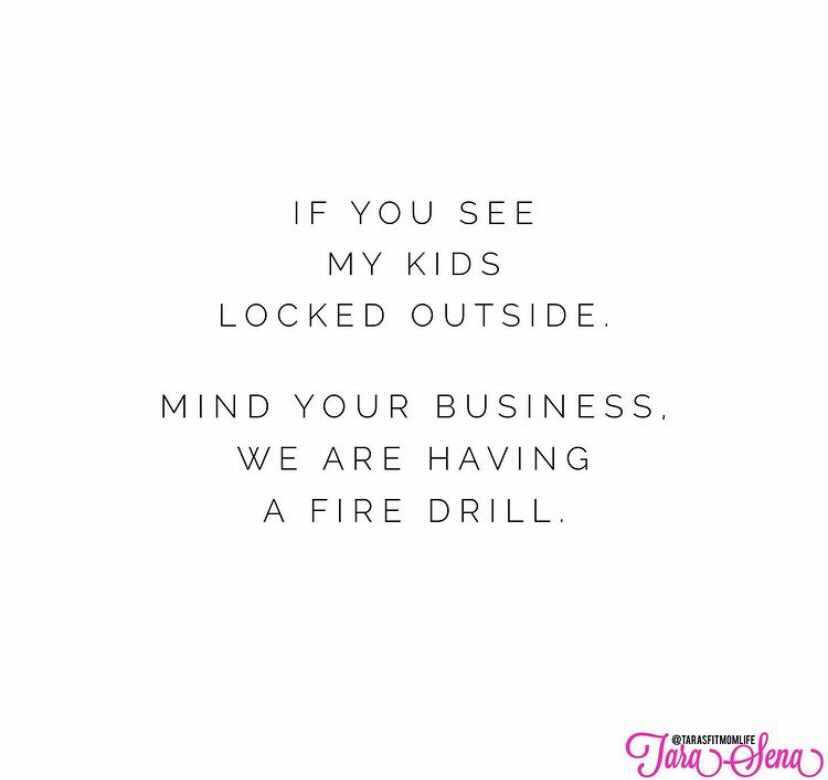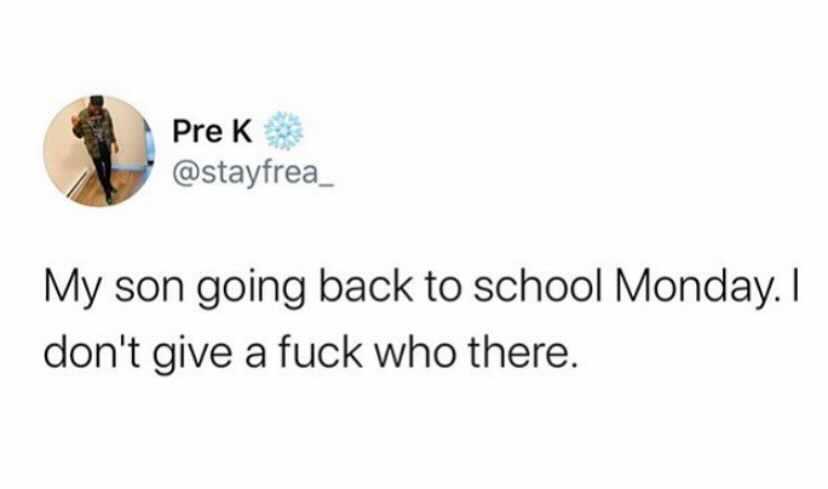No doubt about it, if you go to college, money is always tight…and that’s a huge understatement for a lot of folks out there.
So, every college student should be well aware of everything single thing that they can take advantage of while they’re studying hard and trying to get through school.
People on AskReddit were nice enough to share free and low-cost resources they think college students should know about.
1. You need to relax.
“Spotify Premium, Hulu, and Showtime for $5/month total with a student email address.
Works for grad school students too.
Not helpful with productivity, but very helpful for sanity.”
2. Study up!
“Paul’s Online Math Notes for calculus.
It’s filled with examples and decent, down to earth explanations that don’t confuse the sh*t outta you.”
3. The good ol’ library.
“Use the library for everything you can: textbooks, movies, games, music, printing, quiet study space, tutoring, etc.
Librarians love to help and you might be surprised what they can lend out to you.
I borrowed a telescope last week!”
4. Try it out.
“Google Scholar.
Great free google search engine that gives credible articles to use in research papers and show you how to properly cite them.”
5. Pro tip.
“Pay attention to events calendars.
Most college events have free food.
This may be different for this semester, but don’t underestimate it down the road.”
6. You gotta eat!
“BudgetBytes.com
Cheap meals that are healthier and tastier than ramen and Kraft dinners.”
7. Lots of software.
“You probably get access to a lot of software for no added cost.
This is how I got Windows for my pc.
It’s very worth checking out, a lot of times schools offer a free subscription of Windows, Office365, virus protection that’s not McAfee, and some Adobe products.”
8. I didn’t know about this.
“If you are a starving student, and there’s a Sikh temple in your area, they do something called a Langer.
It’s basically food they serve to the community and it’s legitimately good. They usually will ask you to volunteer or do some kitchen work in exchange. Me and a group of 4 college students would attend regularly, and the food was great.
I was broke and had to pay my way through college with zero support. I had a friend that told me about the Langer, but I was worried they would push the religion on me. Didn’t happen at all. I was nervous just showing up, but they were some of the kindest people I’ve ever met with zero judgement.
I’m not religious, but Sikh people restored my faith in humanity.”
9. You never know.
“Go to the awards office at your school and talk to someone and find out if you qualify for anything.
You’d be surprised how many bursaries and similar go unclaimed each year. As a student every little bit helps, and you never know what you’ll qualify for until you go and ask.
Some are based on grades sure, but many are based on need or your background or circumstances, and the occasional one is just first person to sign up with a pulse.
Seriously it’s worth the hour it takes for you to go visit in person and talk to a real person who can guide you through. Or maybe you can do all that sh*t online now.
But take the time, it could be free money to you and free you up to concentrate on your studies.”
10. Interesting.
“Clep testing.
It’s a program that allows you to take a single test rather than an entire class for credit. It’s only for some general academic courses, and each college has its guidelines on how they apply to credits.
That said, taking advantage of them can reduce the time and money required to earn your degree.”
11. Search high and low.
“Never buy/rent your textbooks from the college bookstore unless you can’t find them anywhere else online.
Seriously, bookstores overprice the sh*t out of your books and you will save a lot of money getting them from Amazon, Chegg, Ebay, etc instead.”
12. The data suggests…
“Data suggests that the number one reason students go to college is for better job prospects once they graduate.
Because of this, remember that to a recruiter or HR department, college is more than just your academics. It is about all of your experiences: class projects, personal projects, getting involved on campus through student orgs, student worker positions, volunteering, internships, etc.
This means you should make use of your school’s Career Center well before spring semester of your senior year so that you can learn how to talk about yourself professionally: through a resume, cover letter, interviews, networking. Learning the basics earlier and working on them each year as you look to secure internships will make you a really successful candidate once it comes time to find a full time job.
As some of the other comments have mentioned, your student fees pay for resources you have access to through the Career Center, so take advantage of them!”
13. Use it or lose it.
“While not technically free, you probably pay a bunch of student fees for access to the gym, pool, free/reduced cost public transportation etc.
Understand what things your student fees cover and take advantage of them.”
Do you know of any good resources that college students should take advantage of?
If so, please tell us about them in the comments.
Thanks in advance!
The post What Are Free and Low-Cost Resources College Students Should Know About? People Filled Us In! appeared first on UberFacts.


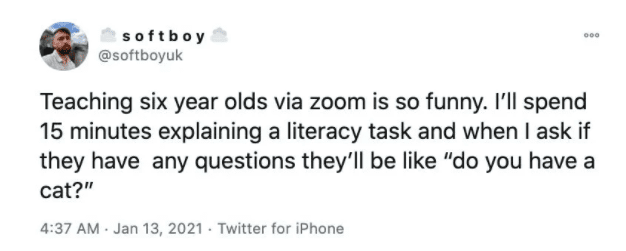
 (@michelleDbelle)
(@michelleDbelle) 
 and the same girl every morning asks me if I ate breakfast
and the same girl every morning asks me if I ate breakfast 








